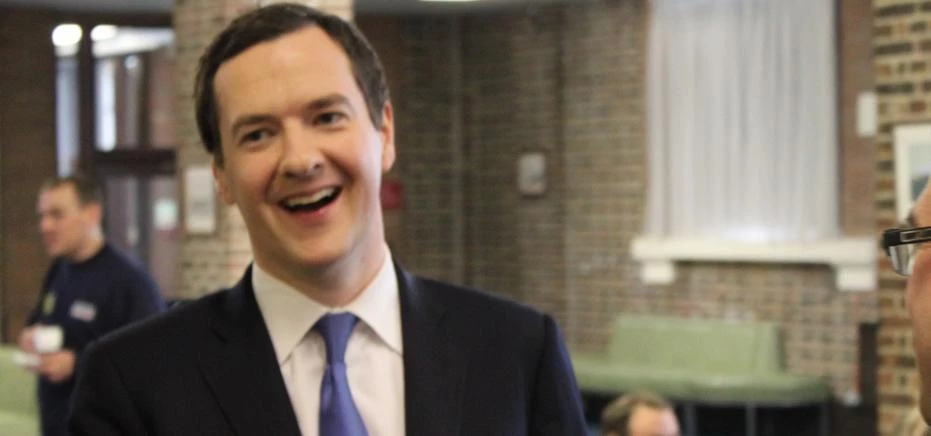
Partner Article
Chancellor empowers councils with 100% control over business rates
Chancellor George Osborne has announced major devolution plans which will transfer powers from Whitehall to local areas, to promote growth and prosperity.
Councils will be able to retain 100% of local taxes, including all £26bn of revenue from business rates, to spend on local government services.
He said: “Fixing the current broken system of financing local government will be a huge boost to local growth, help attract business and create jobs.”
The government will also abolish the Uniform Business Rate and give local authorities the power to cut business rates to boost enterprise and economic activity in their areas. Local areas which successfully promote growth and attract businesses will keep all of the benefit from increased business rate revenues. At the same time, the core grant from Whitehall will be phased out, and local government will take on new responsibilities.
Those areas which choose to have city-wide elected mayors will get even greater flexibilities, also being given the power to increase rates for spending on local infrastructure projects, as long as they win the support of local business.
The reform will mean local government retaining all revenue from business rates for the first time since 1990. These new powers must come with new responsibilities, as well as phasing out the main grant from Whitehall, to ensure the reforms are fiscally neutral. Local government will of course also need to contribute to fiscal consolidation over this Parliament, and the government will set out further details in the Spending Review.
Since 1990, local business rates have been set by central government at a uniform national rate. Rates are collected locally, but then transferred to central government to be distributed back to local areas in the form of grant.
Since 2013, local councils have been enabled to retain 50% of the proceeds of rates, to ensure that when local areas take steps to boost business growth in their area, they should see the benefit.
The latest reforms move to 100% retention of the full stock of business rates by 2020. It will mean that all income from local taxes will go on funding local services.
Local authorities will be able to cut business rates as much as they like. Directly elected mayors – once they have support of local business leaders through a majority vote of the business members of the Local Enterprise Partnership – will be able to add a premium to business rates to pay for new infrastructure. This power will be limited by a cap, likely to be set at 2p on the rate.
Following Chancellor George Osborne’s speech to the Conservative Party Conference in Manchester, John Allan, National Chairman for the Federation of Small Businesses, said: “The surprise announcement to allow councils to retain Business Rates presents a huge opportunity for local authorities and business to work together to boost local growth, develop a fairer tax system and create the jobs of the future.
“We also know there will be challenges to get the new system right. We want to ensure businesses don’t get short-changed. It is essential the new rates structure works for all our 5.2 million small firms.”
Looking to promote your product/service to SME businesses in your region? Find out how Bdaily can help →
Enjoy the read? Get Bdaily delivered.
Sign up to receive our popular morning National email for free.








 Raising the bar to boost North East growth
Raising the bar to boost North East growth
 Navigating the messy middle of business growth
Navigating the messy middle of business growth
 We must make it easier to hire young people
We must make it easier to hire young people
 Why community-based care is key to NHS' future
Why community-based care is key to NHS' future
 Culture, confidence and creativity in the North East
Culture, confidence and creativity in the North East
 Putting in the groundwork to boost skills
Putting in the groundwork to boost skills
 £100,000 milestone drives forward STEM work
£100,000 milestone drives forward STEM work
 Restoring confidence for the economic road ahead
Restoring confidence for the economic road ahead
 Ready to scale? Buy-and-build offers opportunity
Ready to scale? Buy-and-build offers opportunity
 When will our regional economy grow?
When will our regional economy grow?
 Creating a thriving North East construction sector
Creating a thriving North East construction sector
 Why investors are still backing the North East
Why investors are still backing the North East